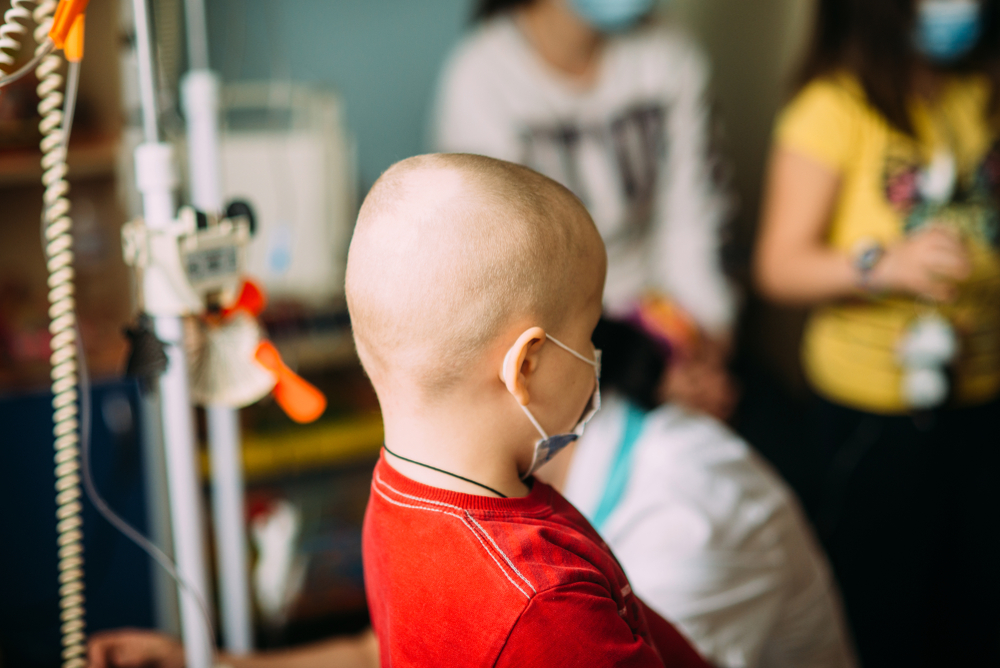When an 8-year-old complained of a toothache, her family assumed it was a common dental issue. But months of pain and visits to dentists and doctors led to little relief, as initial treatments and painkillers didn’t help. Eventually, her parents noticed new symptoms like swelling and fatigue, raising concerns that something more serious might be wrong. By the time a specialist ordered further testing, they discovered the real cause: a rare and aggressive form of cancer known as rhabdomyosarcoma.

Rhabdomyosarcoma is a cancer that starts in the muscle tissue and can appear anywhere in the body. When it forms near the jaw, as in this case, it often mimics dental symptoms, making it hard to identify early. The child’s cancer had been slowly spreading, but the repeated misdiagnoses delayed treatment. This tragic discovery left the family with few options, as the cancer was already advanced.
This devastating case highlights the critical importance of thorough testing, especially in children whose symptoms persist or worsen. Pediatric specialists urge both families and healthcare providers to pursue comprehensive testing when standard diagnoses don’t fit or symptoms linger. Early detection in conditions like rhabdomyosarcoma can make a life-saving difference.

One of the ways families can protect themselves and their loved ones is by seeking second opinions if a diagnosis does not seem to fit or if symptoms persist longer than expected. In this particular case, a simple X-ray or MRI could have revealed the underlying tumor at an earlier stage, potentially allowing for life-saving treatment options.
Healthcare advocates also encourage practitioners to consider uncommon diagnoses in children presenting with persistent symptoms, even when those symptoms resemble more routine illnesses. While medical professionals are trained to follow standard diagnostic pathways, there is an emerging call to increase awareness and training on recognizing signs of rare diseases, especially in pediatric patients who may struggle to communicate the nuances of their pain.
For parents and healthcare providers, this case serves as a powerful reminder: trust your instincts, seek second opinions, and advocate for further testing if routine treatments don’t help.